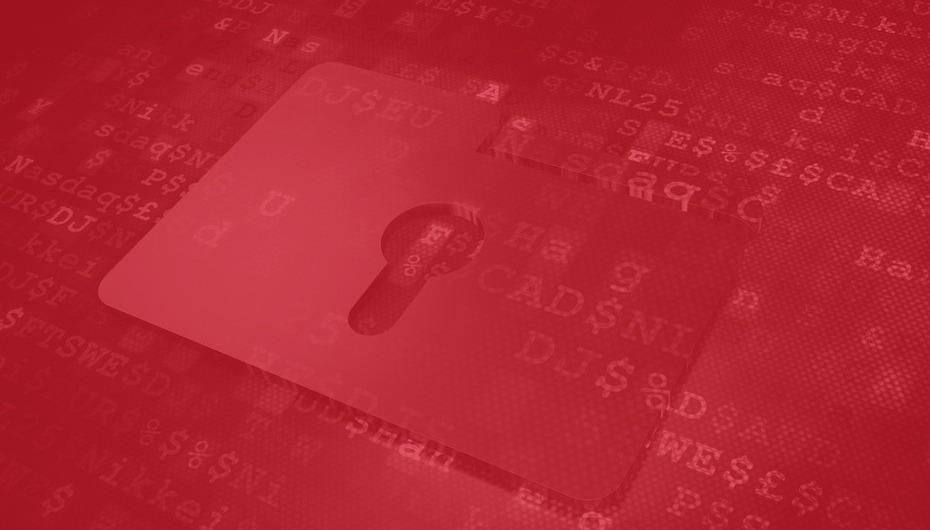Stash Highlights
Files can be compressed on one system and sent to another system for decompression. You can convert data from ASCII or EBCDIC, and convert records and individual fields from PACKED or ZONED to ASCII or EBCDIC on a field-by-field basis within records. You can select records based on keys within the records, convert fields, drop fields and rearrange fields as necessary.
Conversion scripts are simple and powerful. Data can be converted to ASCII delimited text for importing into spreadsheets and information management/database programs.
Stash Specifications
Files compressed on the mainframe by Stash have many advantages. Storage usage is reduced, data transfer time is reduced, and people time is reduced. Because Stash provides data conversion facilities, it is not necessary to write conversion programs or program exits when moving data from one platform to another.
Stash mainframe software is well known for its ability to compress and decompress files extremely fast without using temporary work files–a significant feature if you are compressing and decompressing large disk files or files on non-disk devices, such as tape. Stash can handle files up to four gigabytes with no difficulty.
Stash uses an extremely efficient proprietary compression algorithm which can reduce files by 95% or more, depending on the data.
Stash provides subroutines which may be linked within applications on any supported platform. They provide complete compatibility with Stash utilities on any platform. The subroutines also provide the unique ability to decompress selected records within a file randomly. It is not necessary to decompress an entire file with Stash.
Stash offers a self-extracting option on many platforms which means you can send files to other platforms where they can be decompressed even if the other system does not have an executable copy of Stash.
Stash facilitates fast, transparent data transfer across mainframe and PC systems, thus saving time, money, and disk space. Stash can compress almost any file on almost any platform, then decompress it on almost any other platform.
z/OS
For z/OS, Stash includes a component for compressing and decompressing partitioned data sets. It will compress all or some of a partitioned data set into a single “stacked” file, and decompress a stacked file back into partitioned data.
z/OS, VM
Stash for z/OS is distributed in IEBCOPY format; for VM it’s in TAPE DUMP format. Installation requires about a dozen lines of JCL. The program is run via JCL or by invoking a CLIST under TSO. Compressed files are fixed-length, 64 bytes minimum. Stash automatically reads the file attributes of the input file.
VSE
Stash requires VSE/SP 4.1 or greater, 750 blocks of library space, 512K partitions, and about 432K to load and run. It can process VSAM, SYSIPT, and SYSPCH data. It sends messages to SYSLST and SYSLOG. For compression, the user needs to specify the file attributes of the input. Stash VSE creates 80-character records. It can decompress records 64 or more characters long.
VAX VMS
Install Stash VMS by copying two files, Stash.exe and Stash.tbl, from the product diskette. Run Stash VMS with the command STASH input-file [output-file] [optional parameters].
DOS, OS/2
The typical command to run Stash is C:> STASH source-file destination-file [options].
The options chiefly concern conversion alternatives, such as padding records or stripping blanks. Some translation processes, converting EBCDIC to ASCII, for example, are accomplished by invoking a separate file of translation commands edited by the user. Stash does not require temporary work files, and can handle files up to 4 Gb.
Unix
To install Stash, copy Stash.pgm from the diskette and run CHMOD. The typical run command is STASH input-file [output-file] [optional parameters]. Wild cards are available by using the Unix Find command.
AS/400
Install Stash to AS/400 by restoring two objects, the Stash program and the translation table, from the Stash program tape to an AS/400 library. The typical run command is CALL STASH (operands). In other respects, Stash for AS/400 is similar to that for DOS, OS/2, and Unix.
Free Demo/Trial
We offer individualized product demonstrations by request. Your organization can also try SDS Software on your system for 30 days, free of charge.


